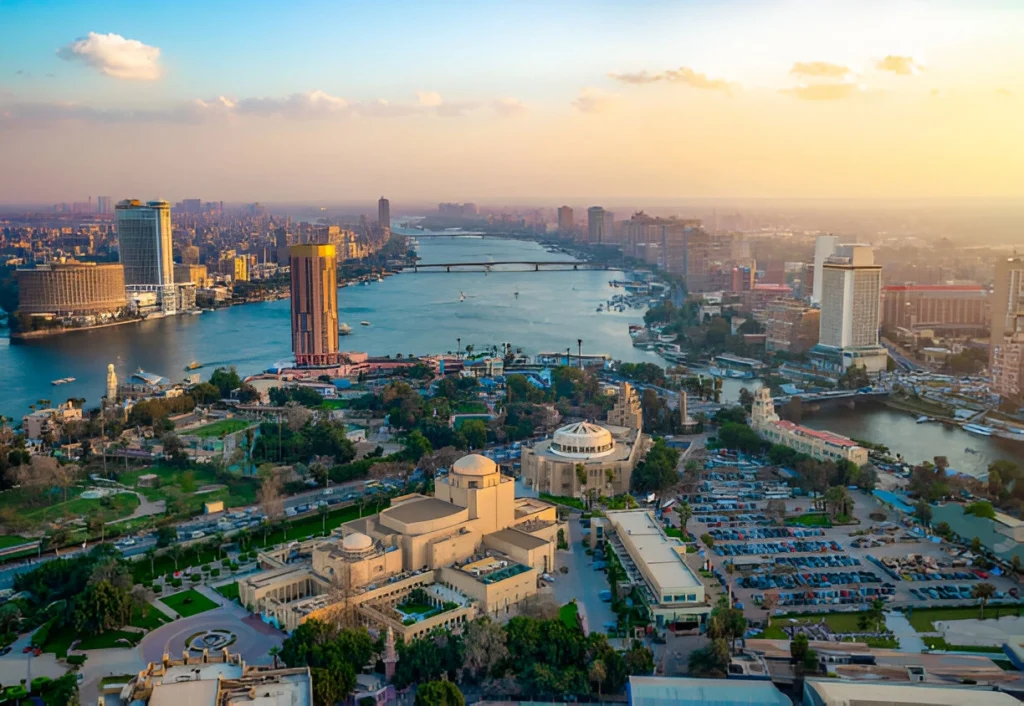Nigeria is seeing renewed momentum in its foreign exchange market, with inflows rising sharply by 62.0% month-on-month to hit $5.96 billion in May 2025. This increase reflects growing investor confidence and a positive response to ongoing macroeconomic reforms.
According to recent data released by FMDQ, domestic sources accounted for 83.2% of the inflows, while foreign sources contributed the remaining 16.8%. The Central Bank of Nigeria’s (CBN) own contribution dropped significantly from $1.35 billion in April to $649.8 million in May, indicating a shift toward more organic market-driven supply.
Foreign participation, which had been subdued in recent months, saw a notable rebound. Foreign portfolio investment (FPI) rose by 61.3% to $880.8 million, while foreign direct investment (FDI) saw a modest decline of 6.3% to $32.9 million. This signals that short-term confidence is returning, although long-term investor commitment remains cautious.
Analysts at Cordros Securities described the data as a “positive development,” suggesting that improved FX liquidity and a more stable naira are encouraging renewed engagement by foreign investors. However, they warned that external risks; such as global economic volatility and trade imbalances, could still weigh on market sentiment in the months ahead.
In a related economic update, Nigeria’s Purchasing Managers’ Index (PMI) for May stood at 52.1 points, marginally down from April’s 52.2. The PMI, which tracks private sector activity, has remained above the 50-point threshold for six consecutive months, signaling continued expansion in key sectors.
While agriculture, industry, and services all recorded slight dips, the overall sentiment remained positive. The agriculture sector recorded a PMI of 53.4, down from April due to seasonal slowdowns. Industry and services also moderated slightly, with easing demand in transportation, electricity, and finance contributing to the dip.
Experts say the combination of FX inflow growth and consistent PMI expansion suggests that Nigeria’s economic fundamentals are gradually improving. However, they stress the need for sustained reforms, targeted investment in productivity, and support for local industries to consolidate these gains.
With a youthful workforce and increasing investor interest, Nigeria is entering a critical phase in its economic recovery. The latest FX and PMI data highlight both progress and potential, as the country moves toward a more resilient and market-driven economy.

